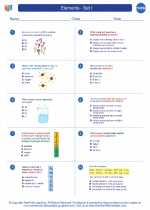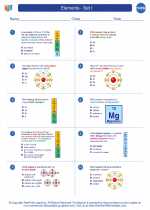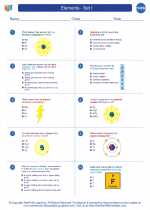Sensory Organs
Sensory organs are specialized structures in the body that enable the detection of various stimuli from the environment. These organs are responsible for providing the brain with information about the external world, which is essential for survival and interaction with the surroundings.
Types of Sensory Organs
There are five main types of sensory organs:
- Eyes (Vision): The eyes contain photoreceptor cells that enable the detection of light and the formation of visual images.
- Ears (Hearing and Balance): The ears contain structures that detect sound waves and help maintain balance and spatial orientation.
- Nose (Smell): The nose contains olfactory receptors that detect various odors and transmit signals to the brain for interpretation.
- Tongue (Taste): The tongue contains taste buds that detect different tastes such as sweet, sour, salty, and bitter.
- Skin (Touch and Temperature): The skin contains sensory receptors that detect touch, pressure, and temperature changes.
Function of Sensory Organs
The main function of sensory organs is to convert external stimuli into electrical signals that can be transmitted to the brain for processing. This allows the brain to interpret the stimuli and generate appropriate responses to the environment.
Importance of Sensory Organs
Sensory organs are crucial for human survival and everyday functioning. They allow us to perceive the world around us, communicate with others, and navigate our surroundings safely. Without sensory organs, our ability to interact with the environment and respond to potential dangers would be severely impaired.
Study Tips for Sensory Organs
- Understand the structure and function of each sensory organ.
- Learn about common disorders or conditions that can affect sensory organs, such as vision impairment or hearing loss.
- Explore the role of sensory organs in everyday activities, such as eating, communicating, and moving around.
- Use diagrams and visual aids to reinforce your understanding of sensory organ anatomy and physiology.
- Practice identifying the different types of stimuli that each sensory organ can detect.
◂Chemistry Worksheets and Study Guides High School. Elements - Set I

 Worksheet/Answer key
Worksheet/Answer key
 Worksheet/Answer key
Worksheet/Answer key
